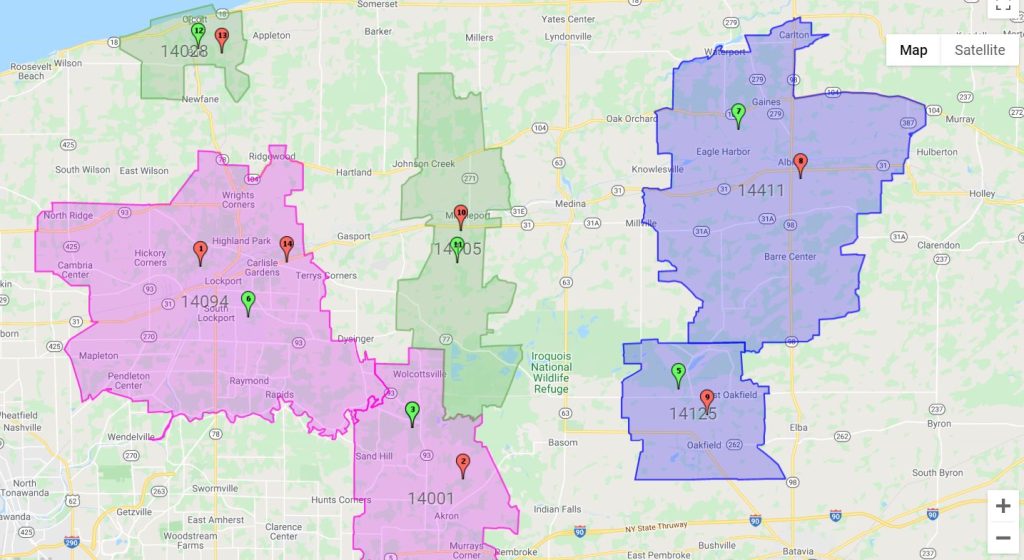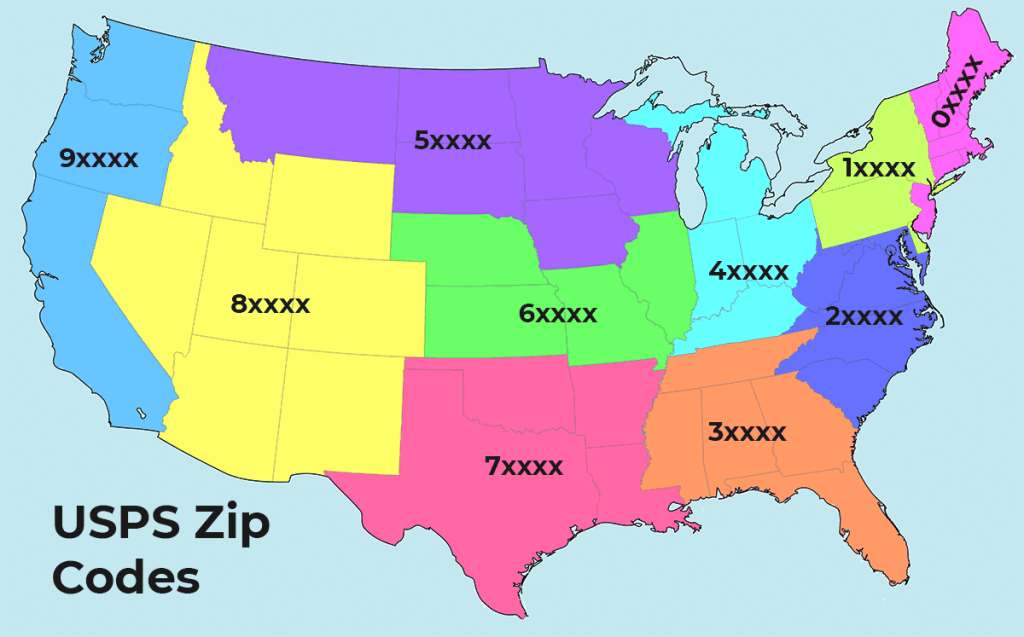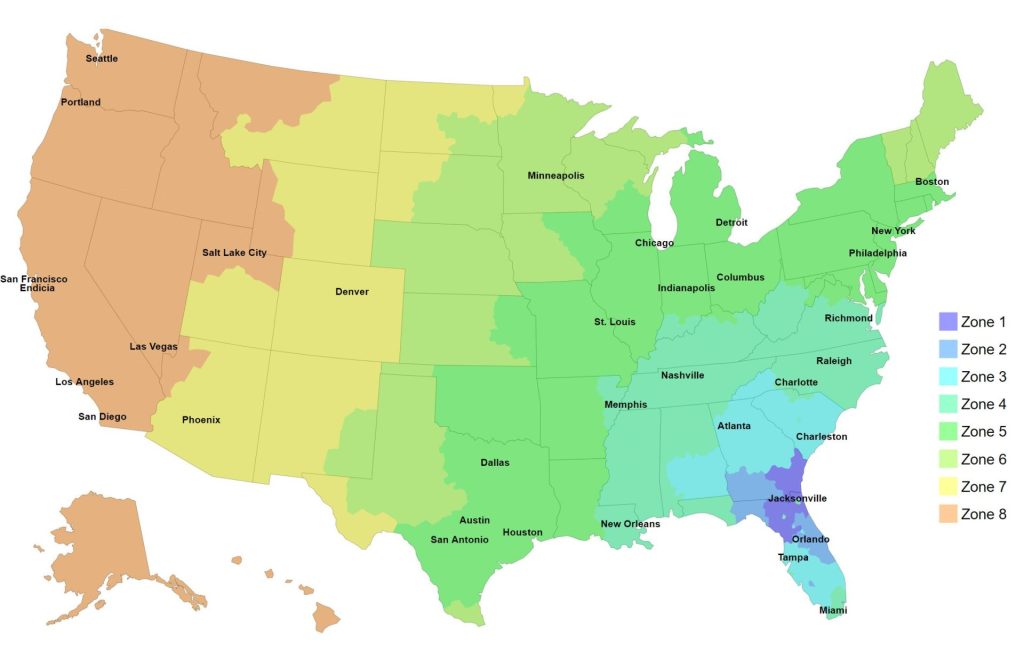WHAT ARE ZIP CODES AND HOW THEY WORK
Discover the what are zip codes and how they work! Learn about their origin, structure, and various uses. This comprehensive guide answers all your ZIP code-related questions.

Ever wondered why ZIP codes are so crucial? You see them everywhere—on envelopes, packages, and even in your online shopping cart. But what exactly do these figures imply and why are they so significant? This article will take you on a journey through the world of ZIP codes, answering all your burning questions.
TABLE OF CONTENT
What is the origin of the term “ZIP code”?
The term “ZIP code” stands for “Zone Improvement Plan.” It was introduced in 1963 by the United States Postal Service (USPS) to improve the efficiency of mail delivery. Before ZIP codes, sorting mail was a labor-intensive process, often leading to delays. The introduction of ZIP codes revolutionized the system, making it faster and more reliable.
What is the purpose of ZIP codes?
ZIP codes serve multiple purposes. Primarily, they help in the efficient sorting and delivery of mail. They also play a crucial role in geographic segmentation for various services, including emergency response and public planning.
How many ZIP codes are there in the United States?
As of 2022, there are over 42,000 ZIP codes in the United States. These codes cover all 50 states and several territories, including Puerto Rico and Guam.
Why ZIP codes have 5 numbers?
The 5-digit structure of a ZIP code is designed for easy memorization and efficient sorting. The first three digits represent the sectional center facility (SCF), a central mail processing facility. The last two digits identify specific post offices within the SCF region.

What is the format of a ZIP code?
A standard ZIP code is a 5-digit number. However, there’s also an extended version known as ZIP+4. This format includes the basic 5-digit code followed by a hyphen and four additional numbers. The extended code provides even more precise location information.
What is the difference between a ZIP code and a postal code?
While ZIP codes are specific to the United States, postal codes are used internationally. The format and naming conventions for postal codes vary from country to country. For example, Canada uses alphanumeric postal codes, while the UK uses both numbers and letters in various combinations.
How are ZIP codes assigned?
ZIP codes are assigned by the USPS. They are based on the geographic distribution of addresses and the volume of mail handled by different post offices. New ZIP codes are created when an area experiences significant growth or changes in its mail delivery routes.
What are the benefits of using ZIP codes?
- Efficient Mail Delivery: ZIP codes speed up the sorting and delivery process.
- Targeted Marketing: Businesses can use ZIP codes for localized advertising.
- Data Analysis: ZIP codes are used in demographic studies and market research.

What are the limitations of using ZIP codes?
- Not Boundaries: ZIP codes are not official geographic boundaries.
- Inconsistencies: ZIP codes can cross city and state lines, causing confusion.
- Privacy Concerns: Over-reliance on ZIP codes can lead to data privacy issues.
How have ZIP codes changed over time?
Originally, ZIP codes were purely functional, designed for mail sorting. Over time, they have evolved into versatile tools used in various sectors, from healthcare to retail.

What are some of the different ways that ZIP codes are used?
- Emergency Services: For quick response in crises.
- Public Planning: In infrastructure and community development.
- E-commerce: For calculating shipping costs and delivery times.
How can I find the ZIP code for a particular address?
You can use the USPS ZIP code lookup tool or various mobile apps and websites that offer this service. Simply enter the address, and the tool will provide the ZIP code.

What are some of the most interesting ZIP codes in the United States?
- 00501: Exclusive to the IRS in Holtsville, NY.
- 12345: Receives a large volume of mail because it’s easy to remember.
- 90210: Famous due to the TV show “Beverly Hills, 90210.”
What are some of the ways that ZIP codes can be used to analyze data?
ZIP codes are commonly used in demographic studies, market research, and even in public health to track disease outbreaks.
How can businesses use ZIP codes to target their marketing efforts?
Businesses can use ZIP codes to perform localized advertising, send targeted mailers, and even offer special promotions to specific areas.
What are some of the challenges that the United States Postal Service faces in managing ZIP codes?
- Rapid Urbanization: Requires frequent updates.
- Overlapping Boundaries: Can cause confusion and inefficiencies.
- Data Management: Keeping track of changes and ensuring accuracy.

What are some of the ways that ZIP codes are used in other countries?
In countries like Canada and the UK, postal codes are used similarly to ZIP codes—for mail delivery, data analysis, and targeted marketing.
How do ZIP codes compare to other postal code systems around the world?
ZIP codes are quite efficient but are not as detailed as some other systems. For example, Japan’s postal code system is highly detailed, allowing for extremely precise delivery.

Conclusion
So the next time you jot down those five digits, you’ll know there’s a whole world of logistics behind them! From speeding up your Amazon delivery to helping emergency services reach you faster, ZIP codes are more than just numbers—they’re an essential part of modern life.
FAQs
- What is a ZIP code?
- A ZIP code is a 5-digit code used for sorting and delivering mail in the United States.
- How do I find my ZIP code?
- You can use the USPS ZIP code lookup tool or various mobile apps.
- Are ZIP codes unique to the United States?
- Yes, other countries use different systems known as postal codes.
